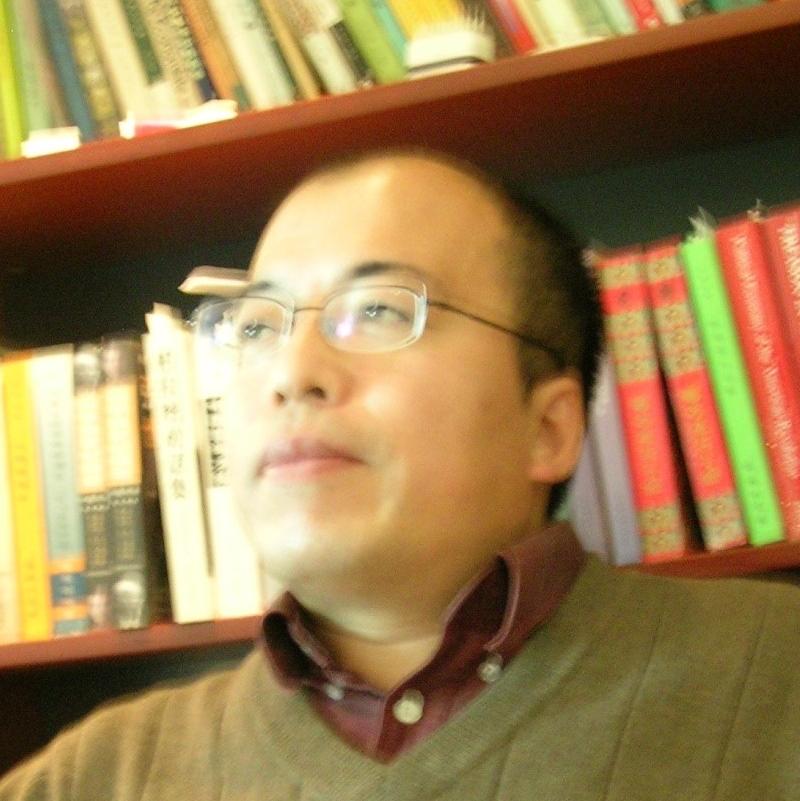The U.S. President Barack Obama just wrapped up his four Asian country tour, aimed at reaffirming its rebalance strategy toward the Asia-Pacific region. However, without much substantial results yielded, the visit highlighted the strategic dilemma the U.S. is now facing in the region.
According to National Security Advisor Susan Rice, Obama’s eight-day tour “is an important opportunity to underscore our continued focus on the Asia Pacific region,” and the leading priorities were “modernizing our alliances, supporting democratic development, advancing the Trans-Pacific Partnership (TPP) and commercial ties, investing in regional institutions like ASEAN, and deepening cultural and people-to-people exchanges.” If we leave democratic development and cultural and people-to-people exchanges aside, and focus on strengthening alliance system, accelerating TPP negotiations and increasing investment in ASEAN, it is quite obvious that President Obama’s visit did not meet those expectations mentioned above.
To begin with the alliance building, the U.S. expectation of integrating US-Japan and US-South Korea alliance into a trilateral alliance network did not work well. In Japan, Obama refused to stay in the guesthouse that Prime Minister Abe arranged, refused to give a speech in the Diet, and the First Lady was not available for this formal state visit. Although President Obama publicly articulated the Diaoyu Island is covered by the Article 5 of the Treaty of Mutual Cooperation and Security between the U.S and Japan, he added that did not mean to “draw a red line” for China. It is quite clear that the US and Japan do not have enough mutual trust; both countries’ understanding of the bilateral relations are different; and there is a lack of coordination regarding their China policy. As the US publicly protected Japan, South Korea wanted to share the same favor. Its official said that the US-South Korea treaty should cover the disputed Tokto Island. It would be quite interesting to see how President Obama would respond to that. Obviously, the current disputes over history and wartime sex slavery make it difficult for the South Korea to cooperate with Japan. The U.S. and the Philippines finally concluded their negotiations and signed an enhanced defense cooperation agreement, which paved way for the US troops to return to the Philippines. However, in order to reach an agreement, the two countries made great efforts to find a way to bypass the Philippine constitution, and President Benigno Aquino had to depress the nationalist’s opposition. And because the agreement did not require ratification by the Philippine Senate, it is possible the change of administration will affect the enforcement of the agreement.
The biggest failure for President Obama was not able to reach an agreement on the bilateral TPP negotiation. TPP was supposed to be the centerpiece of Obama’s rebalance strategy. In fact, Obama had some concerns over Japan before this visit. What he wanted was a simple work visit, but it was prolonged when the Japanese said Emperor Akihito wanted to personally thank President Obama for the U.S. support after the disastrous nuclear crisis, then became a three-night state visit. To make the situation worse, several Japanese cabinet officials visited the Yasukuni Shrine — a politically controversial shrine that enshrines the spirit of Japan’s war victims, including class-A war criminals, and Prime Minister Abe also provided offerings to the shrine. As the Obama administration repeated several times their disappointment towards such visits, these behaviors of Japanese officials were very much like two straight hits in President Obama’s face. Prime Minister Abe calculated that Obama would like to trade security commitment over Diaoyu Island with making a deal on TPP talks, and Japan could take advantages over that. In the end, the Japanese did not compromise on agriculture products, but gained support from the US on revising the interpretation of the Japanese Constitution. Disappointed President Obama publicly criticized the sex slavery activity during the Second World War by Japanese army as “a terrible and egregious violation of human rights” when he was in Seoul.
The rebalance strategy could yield unexpected consequences if it develops towards containing China’s rise. Historically,Malaysia has enjoyed a friendly relationship with China. By paying a visit to this country after the visit made by President Johnson nearly 50 years ago and by promoting bilateral TPP talks, Obama would like to drive a wedge between Malaysia and China. However, in order to please domestic conservative audience, President Obama took the chance to criticize the human right situation in Malaysia, saying it “needs improvement,” which made the host very unpleasant. Although the US and the Philippines signed military agreement at this time, whether the US would like to confront China in case of a possible conflict over so-called Scarborough Shoal or Huangyan Island still needs “wait and see.”
Basically, the containment element of the US rebalance strategy is becoming more and more prominent now. Because the tension over Diaoyu Island and South China Sea is escalating, and the U.S. is providing “blank checks” to the Japanese and the Philippines, which is unleashing Japan and emboldening the Philippines. The American Asian strategy is facing a dilemma: by going forward it will risk a direct confrontation with China, by retreating it will lose credibility in the region and the whole world. The China policy dominated by the White House is on the wrong track. Even the former NSC senior director of Asian affairs Jeff Bader was questioning, “ is the U.S. containing China?” President Obama should figure it out: it is neither possible nor feasible for the US to address the 21st century challenges with the 20th century alliance system, and it would be the biggest geopolitical miscalculation and mistake to make rebalance a strategy to contain China’s rise.
Zhang Zhixin is the Chief of American Political Studies of Institute of American Studies, CICIR. His researches focus on the U.S. politics and US-China relations.


